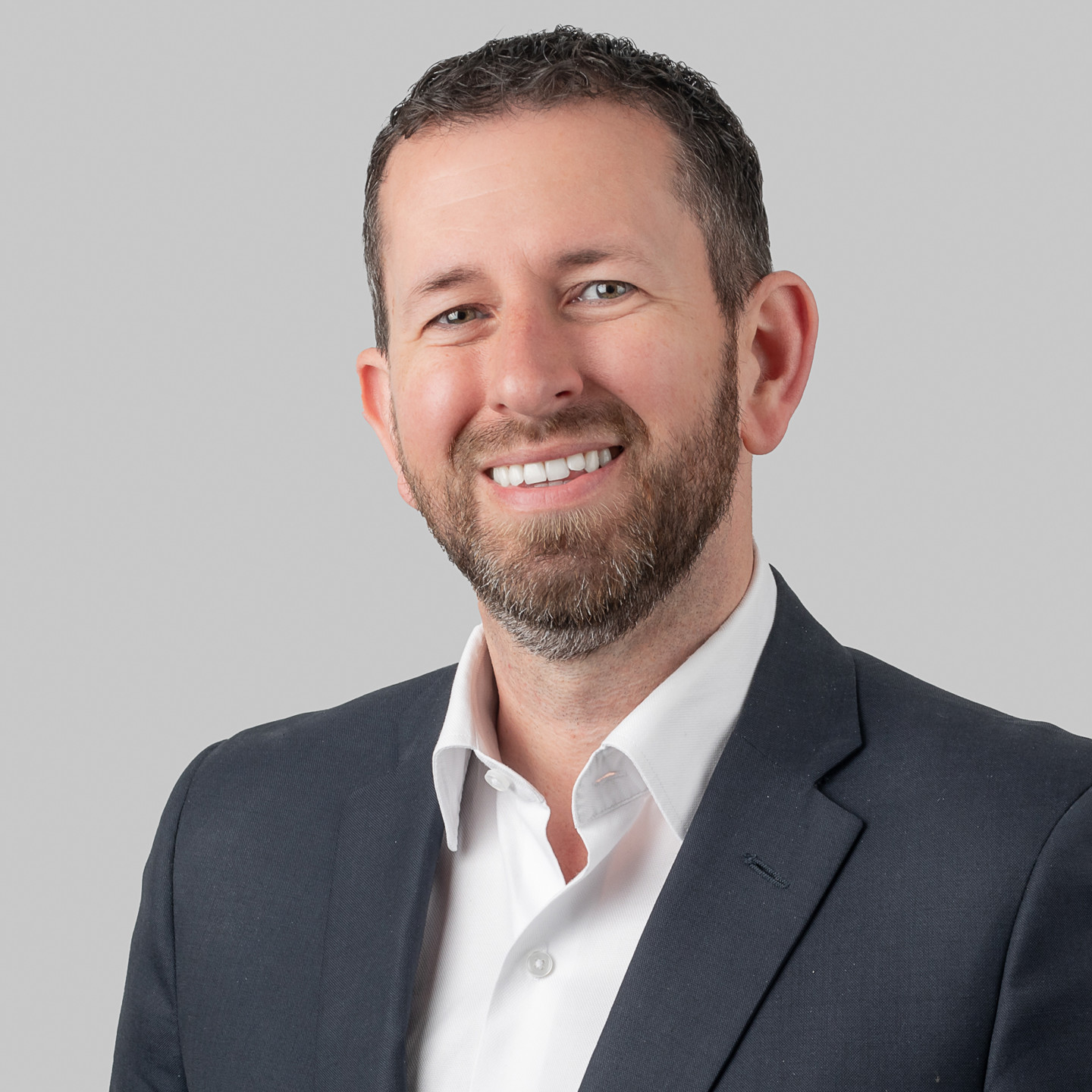
Richard Daggett
Partner | Legal
Jersey

Richard Daggett
Partner
Jersey
Big things are happening at Ogier. Change is embedded in everything we do. It is redefining our talent, our ways of working, our platforms of delivery, our culture.
Services
We have the expertise to handle the most demanding transactions. Our commercial understanding and experience of working with leading financial institutions, professional advisers and regulatory bodies means we add real value to clients’ businesses.
Sectors
Our sector approach relies on smart collaboration between teams who have a deep understanding of related businesses and industry dynamics. The specific combination of our highly informed experts helps our clients to see around corners.
We have the expertise to handle the most demanding transactions. Our commercial understanding and experience of working with leading financial institutions, professional advisers and regulatory bodies means we add real value to clients’ businesses.
Legal
Corporate and Fiduciary
Consulting
Banking and Finance
Corporate
Dispute Resolution
Employment law
Intellectual Property
Investment Funds
Listing services
Local Legal Services
Private Wealth
Property law
Regulatory
Restructuring and Insolvency
Tax
Banking and Finance overview
Asset Finance
CAYLUX Fund Finance
Debt Capital Markets
Derivatives
Fund Finance
Islamic Finance
Leveraged Finance
Listing services
Real Estate Finance
Regulatory
Restructuring and Insolvency
Structured Finance
Sustainable Finance
Corporate overview
Economic Substance
EIIS Services in Ireland
Equity Capital Markets
Insurance and Reinsurance
Listing services
Mergers and Acquisitions
Private Equity
Real Estate Structuring, Acquisitions and Disposals
Regulatory
Technology and Web3
Dispute Resolution overview
Banking Disputes
Corporate and Financial Services Disputes
Crypto Disputes
Enforcement of Judgments and Awards
Fraud and Asset Tracing
Funds Disputes
Insurance Disputes
International Arbitration
Regulatory
Restructuring and Insolvency
Section 238 Shareholder Appraisal Rights
Shareholder and Valuation Disputes
Trusts Disputes and Applications
Investment Funds overview
Hedge Funds
Managers and Sponsors
Private Equity
Real Estate, Infrastructure and Energy Funds
Regulatory
Sustainable Investing and Impact Funds
Technology and Web3
Local Legal Services overview
Cayman Local Legal Services
Channel Islands Local Legal Services
Ireland Local Legal Services
Employment law
Estate Planning, Wills and Probate
Expat services
Family Office
Intellectual Property
Make your Guernsey will online
Make your Jersey lasting power of attorney online
Make your Jersey will online
Notary public services
Relocating your business
Relocating your family
Property law
Accounting and Financial Reporting Services - Ogier Global
Cayman Islands AML/CFT training - Ogier Global
Corporate Services - Ogier Global
Debt Capital Markets - Ogier Global
Fund Services - Ogier Global
Governance Services - Ogier Global
Investor Services - Ogier Global
Ogier Connect - Ogier Global
Private Wealth Services - Ogier Global
Real Estate Services - Ogier Global
Regulatory and Compliance Services - Ogier Global
Our sector approach relies on smart collaboration between teams who have a deep understanding of related businesses and industry dynamics. The specific combination of our highly informed experts helps our clients to see around corners.
Ogier provides practical advice on BVI, Cayman Islands, Guernsey, Irish, Jersey and Luxembourg law through our global network of offices across the Asian, Caribbean and European timezones. Ogier is the only firm to advise on this unique combination of laws.
Keep up to date with industry insights, analysis and reviews. Find out about the work of our expert teams and subscribe to receive our newsletters straight to your inbox.
Fresh thinking, sharper opinion.
We get straight to the point, managing complexity to get to the essentials. Our global network of offices covers every time zone.
No Content Set
Exception:
Website.Models.ViewModels.Components.General.Banners.BannerComponentVm
News
29 June 2020
Jersey
Partner Richard Dagett provided commentary for Citywealth earlier this month on current trends and prospects for the private equity market. Here are his full comments.
It is said that even though the Private equity industry is in triage, it can survive any capital calling because it has enough dry powder?
As is always the case, dry powder is not just for the high profile acquisitions – it is what transforms a target's potential into realisation. The ongoing investment by funds into their portfolio companies is what generates the long term returns on exit. However, that use of dry powder is not always about the growth of a company – sometimes it's about keeping that company going during tough times.
For those PE firms invested in sectors that are particularly suffering (think hospitality, travel, retail), decisions need to be made as to where suitable triage can be administered (for companies where there are good long term prospects) and where the patient is beyond help and it would be a case of good money being thrown after bad.
Investors will be analysing their portfolio with a fine toothcomb to determine which approach to take. Effectively used dry powder now on a company in difficulty but with strong fundamentals is dry powder well spent.
Is COVID-19 the same as 2008 crash, in impact?
I would certainly regard this as different. In 2008 the crisis was caused primarily by the financial system itself whereas this is an external crisis that has prevented the financial system operating normally.
From our discussions with PE firms and their advisors, we anticipate that they are well-placed to take advantage of targets at deeply discounted prices at the right time. Dry powder has, in many cases, already been raised for these acquisitions and there is not the lack of credit seen during the 2008 crash – deals are ready to be done when the time is right.
The other big difference I feel we will see from 2008 will be in the timing. In 2008, PE firms waited too long before acting and missed some of the double digit returns that fast movers could have enjoyed. Those lessons have been learnt and the best placed firms won't repeat those mistakes.
What kind of distressed deals to you expect to see?
Investors may well be re-examining deals they considered too expensive just months ago. However, there is no use in pursuing a deal for a target simply because it is now within the investor's price appetite. Careful analysis will need to be undertaken to ensure any acquisitions can still be considered viable in a post-COVID world. It may well be a case of quality over quantity.
Are there any other examples of private equity working or not working during this sharp decline and government interventions.
We have seen examples of portfolio companies hugely benefiting from PE-backing during this time due to their ability to scale up quickly through investment and to take advantage of a large surge in demand due to the lockdown. PE-backed companies with a focus on activities that have received renewed interest during our enforced confinement (home crafts, food delivery, home physical exercise) and tech-focused companies taking advantage of our move to living, working and socialising through screens are no doubt thankful for the investment in them to date and for the swift deployment of dry powder in recent months to avoid missing any opportunity to profit during the sharp spike in demand for their services.

Richard Daggett
Partner | Legal
Jersey

Richard Daggett
Partner
Jersey
Sign up to receive updates and newsletters from us.
Sign up
No Content Set
Exception:
Website.Models.ViewModels.Blocks.SiteBlocks.CookiePolicySiteBlockVm
